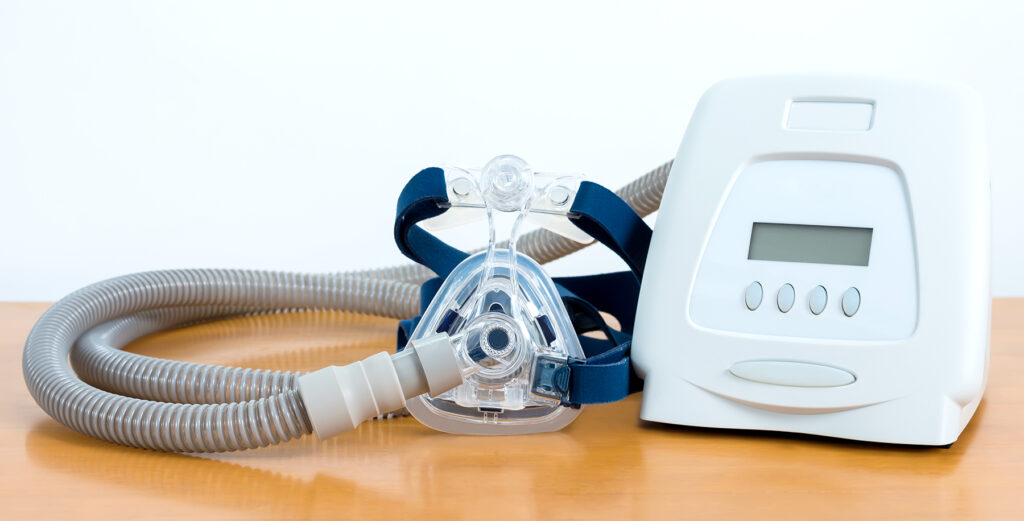Update on Defective Philips CPAP/BiPAP Ventilators

Reworked Philips CPAP/BiPAP Ventilators May Be Dangerous
Philips CPAP/BiPAP ventilators pose a serious and immediate threat to the health, safety and welfare of patients. The defect can lead to serious medical complications such as aspiration pneumonia, pressure ulcers (bedsores), hypoxemia (low oxygen levels) and even death. In addition, patients may experience severe respiratory distress due to the malfunctioning ventilators.
Reworked CPAP/BiPAP Ventilators May Still Pose a Serious Hazard
On December 22, 2022, the FDA issued a safety communication to provide additional information for patients, caregivers and healthcare providers about two issues arose with Philips Respironics Trilogy 100 and 200 ventilators that had been reworked. In 2021, these devices were recalled due to potential problems with the sound abatement polyester-based polyurethane (PE-PUR) foam breakdown.
The silicone foam material used in CPAP/BiPAP ventilators to replace the PE-PUR foam in reworked machines may be prone to shifting and blocking airpaths, which could lead to a reduction of air flow or cause the device to alarm. Furthermore, Philips has reported cases of residual foam in some reworked Trilogy 100 and 200 ventilators that have been returned to customers. The FDA encourages patients and healthcare providers to be aware of these potential issues when using the Philips Respironics Trilogy 100 and 200 ventilators.
Dangers of PE-PUR Foam
PE-PUR foam is a material used to reduce sound and vibration in medical devices such as CPAP/BiPAP ventilators. However, if exposed to hot and humid conditions or if cleaned with an ozone cleaner, the PE-PUR foam may break down into black pieces that can be inhaled or swallowed by users. Inhalation of these particles or chemicals released from the foam may result in serious health risks. Long-term exposure could lead to toxic or cancer-causing effects on organs such as the kidneys and liver. Therefore, it is important for those using medical devices that incorporate PE-PUR foam to be aware of the potential risks associated with its use.
Recovering Compensation if You Were Injured by a Defective Philips CPAP/BiPAP ventilator
If you or a loved one have been injured due to using a defective Philips CPAP/BiPAP ventilator, you may be entitled to compensation. The manufacturer and retailers of the product can be held liable for any injuries caused by their defective device. You may be able to receive financial compensation for medical bills, lost wages, pain and suffering and other damages associated with the injury.
Seek Legal Advice to Examine Your Case
It is important that you seek legal advice as soon as possible after being injured by a defective Philips CPAP/BiPAP ventilator. A knowledgeable attorney can review your case and determine if you are eligible for compensation for your injuries. An experienced lawyer will work aggressively to get you the compensation that you deserve. They can also help you understand your rights and the legal process so that you can make informed decisions.
Diaz Law Firm
Please contact the Diaz Law Firm if you have been injured by a CPAP or Bi-PAP ventilator. Clients across the country turn to us for help obtaining damages. Call us at (800) 459-2222 locally or at (601) 607-3456, or send us an online message for a free consultation. When your health is at risk, don’t go it alone. It’s important to remember that we won’t charge you a penny unless we win.
GET YOUR FREE CASE EVALUATION
